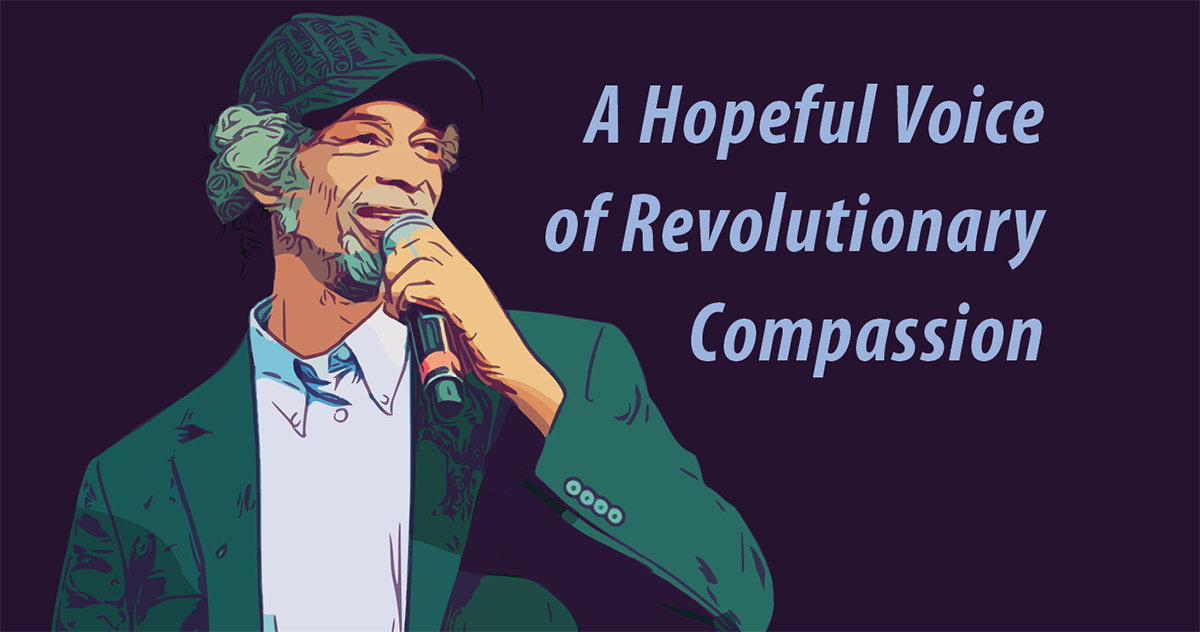Black from the Past


By Carl McRoy
Gil Scott-Heron died on the 40th anniversary of his Black Power anthem, “The Revolution Will Not Be Televised.” This motto was still being used in 2011 by Occupy Wall Street protestors in New York City, and Arab Spring uprisings in Cairo, Egypt.
ARTISTIC IRONY
It’s amusing that Gil Scott-Heron wrote “The Revolution Will Not be Televised” while watching a baseball game on TV. However, irony sometimes leads to tragedy. Gil Scott-Heron counseled listeners about addictions, in songs such as “The Bottle” and “Angel Dust,” yet his musical genius was muted for several years by substance abuse. Perhaps the “Pieces of a Man” singer was trying to medicate his own brokenness.
BECOMING A BLUESOLOGIST
Abandoned by his father when he was very young, Scott-Heron’s upbringing alternated between his mother and grandmother, and uprooted him from Chicago, Illinois, to Jackson, Tennessee, to Bronx, New York. He was one of the three African Americans to integrate from Tigrett Junior High School in Jackson, Tennessee, a heavy toll for a 12-year old. He drew from this reservoir of familial and societal pain to become a published poet and novelist, a celebrated singer, and self-described “bluesologist,” but singing the blues doesn’t always relieve them.
REVOLUTION IS AN INSIDE JOB
Scott-Heron explained the meaning of the famous catchphrase in a 1991 interview: “The first change that takes place is in your mind… before you change the way you live… The thing that is going to change people is something that you can never capture on film.”
This philosophy is why many of his songs bordered on gospel:
“Why should I survive on sadness? And tell myself I’ve got to be alone? Why should I subscribe to the world’s madness? Knowing that I’ve got to live on?
Yeah, I think I’ll call it morning from now on.”
Carl McRoy serves as the Director of Literature Ministries for the Adventist Church in North America.